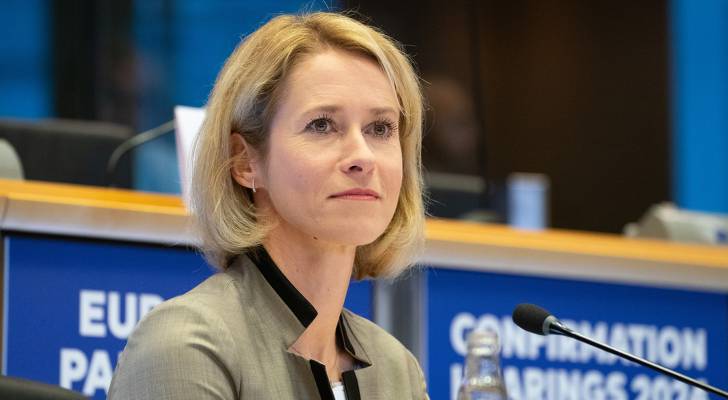EU extends Russia sanctions to January 2026
The European Union has formally extended its sectoral sanctions against Russia for another six months, pushing their expiration date to January 31, 2026, in response to Moscow’s ongoing war in Ukraine.
EU foreign policy chief Kaja Kallas announced the move on June 30 via X, stating:
“The EU today officially agreed to extend sectoral sanctions on Russia. We will continue to pile pressure on Moscow to end its war in Ukraine. Each sanction weakens Russia’s ability to wage war.”
The EU today officially agreed to extend sectoral sanctions on Russia.
— Kaja Kallas (@kajakallas) June 30, 2025
We will continue to pile pressure on Moscow to end its war in Ukraine.
Each sanction weakens Russia’s ability to wage war.
A source familiar with the process told European Pravda that all 27 EU member states approved the extension through a written procedure.
Sanctions cover key sectors
Originally imposed in 2014 following Russia’s annexation of Crimea, the sanctions were significantly broadened in 2022 after the full-scale invasion of Ukraine. The current measures span across trade, finance, energy, dual-use goods, technology, industry, transport, and luxury items.
They also include:
- A ban on seaborne imports of Russian oil and certain oil products
- The disconnection of multiple Russian banks from the SWIFT payment system
- The suspension of broadcasting licenses for several Kremlin-backed media outlets in the EU Provisions to combat sanctions evasion
EU reaffirms united front
A written statement issued by the European Council on Monday confirmed the extension, citing Russia’s continued destabilization of Ukraine.
“The Council today renewed the EU restrictive measures in view of the Russian Federation’s continuing actions destabilising the situation in Ukraine for a further six months,” the statement said.
The renewal comes amid reports that Hungary recently secured a US waiver on sanctions that had blocked construction of the Russian-backed Paks II nuclear power plant. Despite such exceptions, the EU maintains a largely united stance on maintaining pressure against Moscow.
The EU’s decision signals that despite diplomatic fatigue and shifting geopolitical dynamics, European support for Ukraine and pressure on the Kremlin remain firm.




